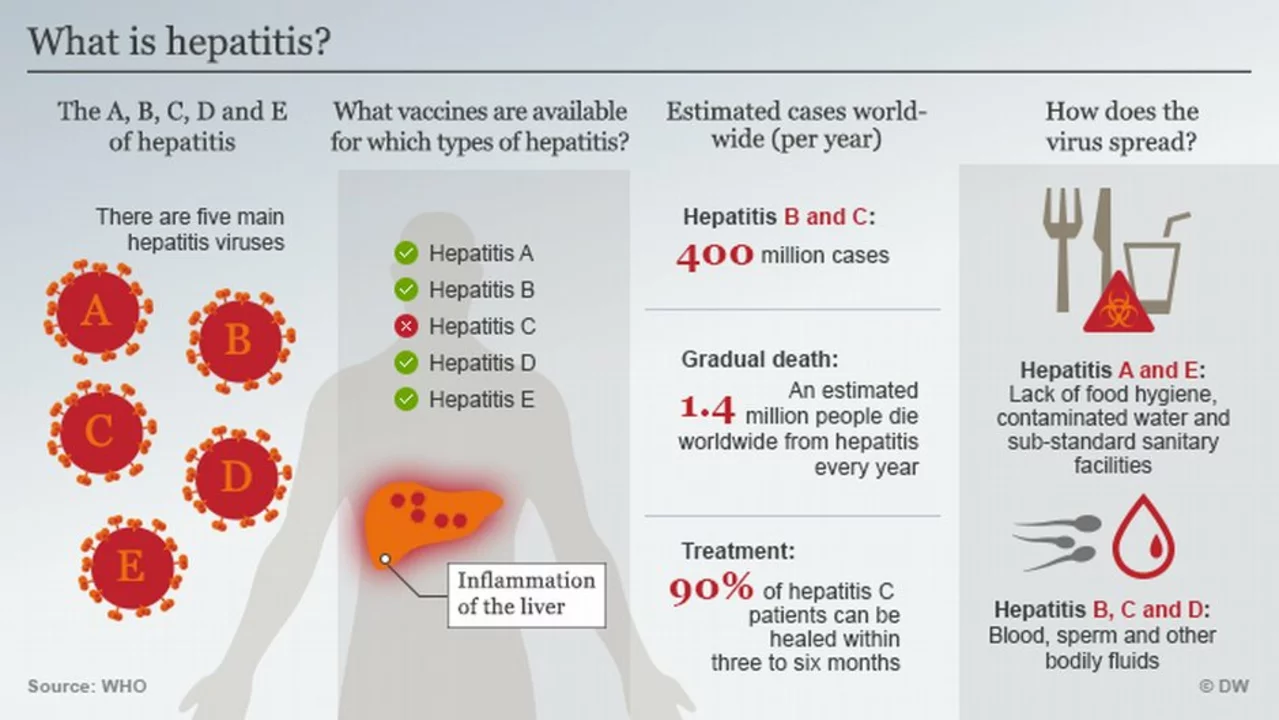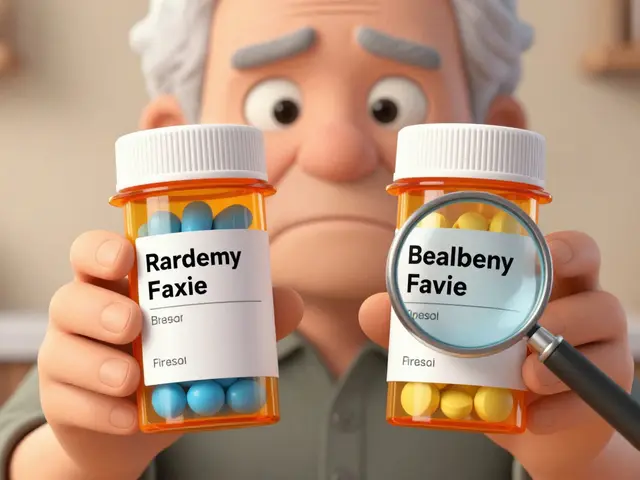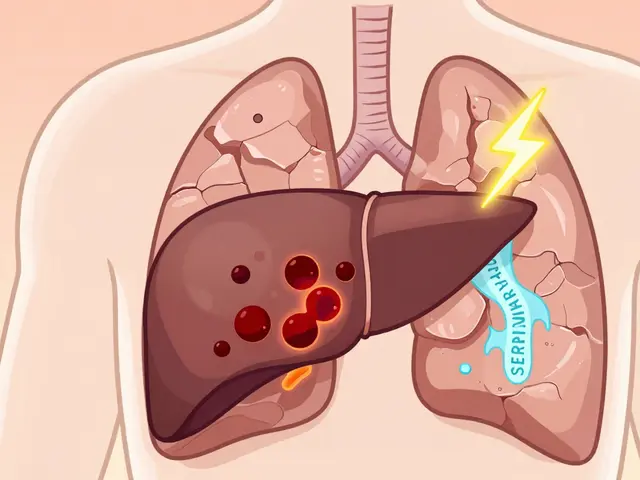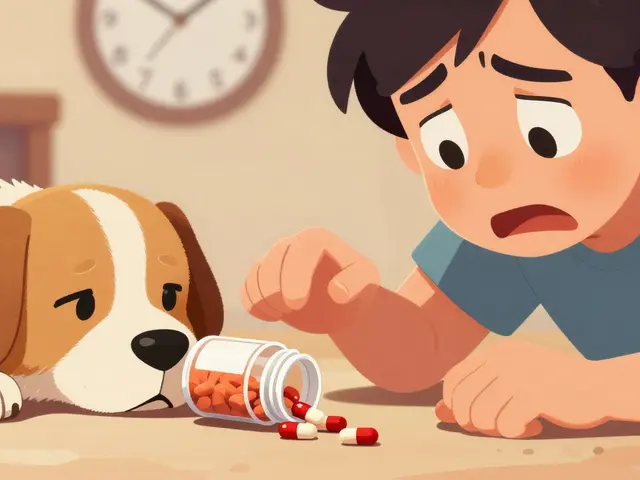Liver disease: how to spot problems and protect your liver
Your liver does a lot — it filters toxins, processes drugs, and stores energy. Because it works quietly most of the time, damage can build up before you notice symptoms. This page gives clear, useful steps to recognize trouble, reduce risks from medicines and supplements, and find reliable reads on related drug safety issues.
Spotting the problem — common signs and tests
Watch for yellowing of the skin or eyes (jaundice), dark urine, pale stools, persistent fatigue, nausea, abdominal pain under the right rib cage, or unexplained itching. These are red flags that deserve prompt medical attention. Blood tests doctors use include ALT, AST, alkaline phosphatase and bilirubin. If those look off, imaging like ultrasound or further blood work for hepatitis may follow. Don’t ignore sudden confusion or severe abdominal pain — those need emergency care.
Routine checkups matter. If you take regular medications, especially statins or strong antifungals, ask your clinician about baseline and follow-up liver blood tests. Articles on this site that relate: "Lipitor: Cholesterol Facts, Side Effects, and Tips for Taking Atorvastatin Safely" and "Navigating the World of Anti-Fungal Medication: Fluconazole and Diflucan Explained" cover how common drugs can affect liver enzymes and what to ask your doctor.
How meds, supplements, and lifestyle change your risk
Some prescription drugs and over-the-counter supplements can harm the liver, especially when mixed with alcohol or other meds. For example, several supplements marketed as natural have been linked to liver injury; our piece "Black Seed Supplement Dangers: Liver Risks, Drug Interactions, and Safe Dosage Explained" looks at one common supplement and how to use it safely. Also be careful with performance enhancers and unregulated online drugs — quality and dosing vary a lot.
Simple, practical habits protect your liver. Limit alcohol, follow dosing instructions for all meds, avoid mixing drugs without checking interactions, and keep vaccinations up to date for hepatitis A and B if you’re at risk. Maintain a healthy weight and manage diabetes or high cholesterol — fatty liver disease is common and tied to these conditions. If you start a new medication, ask whether liver monitoring is needed and how often.
Want deeper info? Browse related guides on this tag — from drug safety and online pharmacy reviews to specific medication breakdowns. Each article on this page offers concrete advice: side effects to watch for, safer alternatives, and steps to talk with your provider. Use those reads to prepare questions before appointments.
If you’re worried about current symptoms or a drug you take, call your doctor. Quick action and clear info make a big difference. Protecting your liver is mostly about sensible daily choices, honest conversations with clinicians, and checking trusted resources when you try a new drug or supplement.
The use of azithromycin in treating hepatitis
In my latest blog post, I discussed the use of azithromycin in treating hepatitis. Azithromycin, a popular antibiotic, is showing promise as an effective treatment for this liver condition. Through research, scientists have observed its ability to reduce inflammation and prevent further liver damage. Although still in the early stages of study, azithromycin may provide a valuable alternative to current hepatitis treatment options. I am excited to continue following this development and will keep you all updated on the progress of this potential breakthrough.
Read More





